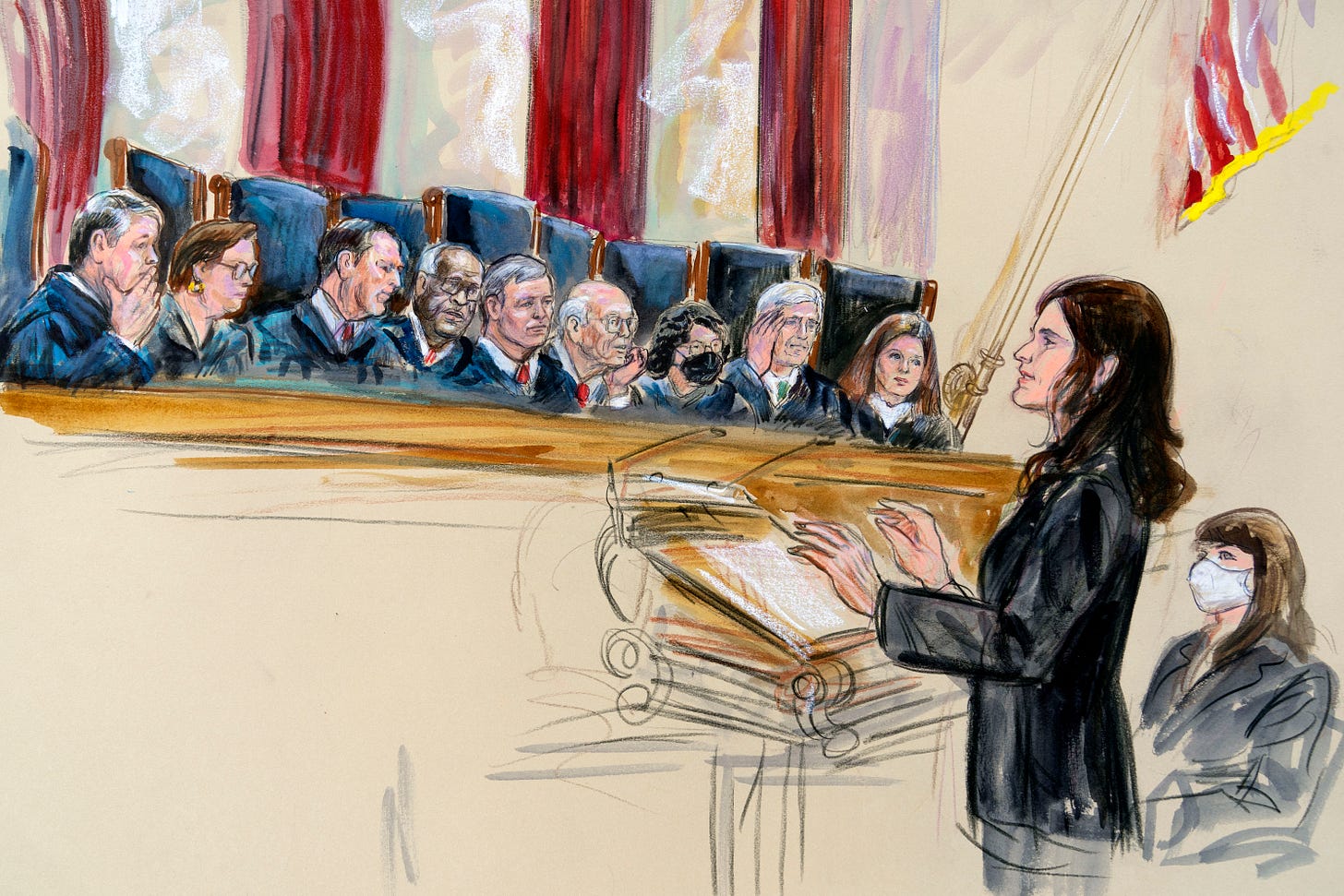Taking Exception
“The culture of social work and the culture of theological education are not congruent.”
That was the claim of Al Mohler, president of Southern Baptist Theological Seminary in 1995. We would disagree, as did many social work professors at SBTS and other Christian schools at the time. But now some conservative Christians lament that the U.S. Supreme Court won’t let Christian colleges automatically designate social work professors as ministers in order to avoid discrimination lawsuits. Ironically, the case comes from the same school that indirectly raised Mohler’s ire: Gordon College, an evangelical school in Massachusetts.
In 1995, SBTS had the only accredited master’s degree in social work run by a seminary. But as the school’s new president after the Southern Baptist Convention’s rightward shift, Mohler didn’t like a professor that the dean of SBTS’s Carver School of Social Work wanted to hire: David Sherwood at GC.
Sherwood edited the journal Social Work & Christianity and had previously taught at Oral Roberts University. But Mohler thought the professor was too liberal. After the dean of SBTS’s program, Diana Garland, criticized Mohler’s leadership, he fired her and attacked the very idea of a social work program. Mohler soon shut the program down, while Garland went to Baylor University to lead their social work program that today is named after her.
Last week, a former professor of social work at GC was again in the news. Margaret DeWeese-Boyd, who taught at GC for more than two decades before being fired from her position, sued the institution for discrimination. The school responded with the argument that it was exempt from such suits because it classified DeWeese-Boyd — and every other faculty member — as a “minister.” This creative use of the “ministerial exception” would leave the dismissed professor without employment law protections if courts agree. The dispute over her employment status reached all the way to the Supreme Court, which denied a request to consider the case. At least for now.
While Mohler once went too far by dismissing social work as inherently anti-theological, the defenders of GC’s position swing wildly to the other extreme. Consider the explanation offered by the Becket Fund for Religious Liberty’s Eric Baxter to Christianity Today: “The ministerial exception does not require you to be a minister. It applies to anyone doing an important religious function.”
By that logic, coaches, residence hall advisors, and even chefs preparing student meals would count as ministers. After all, breaking bread is a core element of Christian community and those facilitating that fellowship would seem to be performing “an important religious function.” But that would mean no employee at a religious institution would be protected by nondiscrimination laws.
While the Supreme Court passed on the opportunity to review a unanimous decision by the Massachusetts State Supreme Court denying GC’s arguments, thus allowing Deweese-Boyd’s lawsuit to proceed, that hardly settled the issue. Justice Samuel Alito — joined by Justices Clarence Thomas, Brett Kavanaugh, and Amy Coney Barrett — indicated an openness to revisiting the matter after the litigation unfolded.
“The state court’s understanding of religious education is troubling,” Alito wrote. “In an appropriate future case, this Court may be required to resolve this important question of religious liberty.”

While this and related cases currently haven’t received a lot of attention, such hints at where it could go portend significant changes to the status quo. And these cases raise a significant question: Who is (or should be) considered a minister under U.S. law?
In this edition of A Public Witness, we offer a brief history course detailing the background of the ministerial exception and the specifics of the lawsuit against GC. We conclude our class session by considering the value and role of the ministerial exception in a democratic society.




